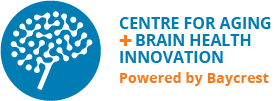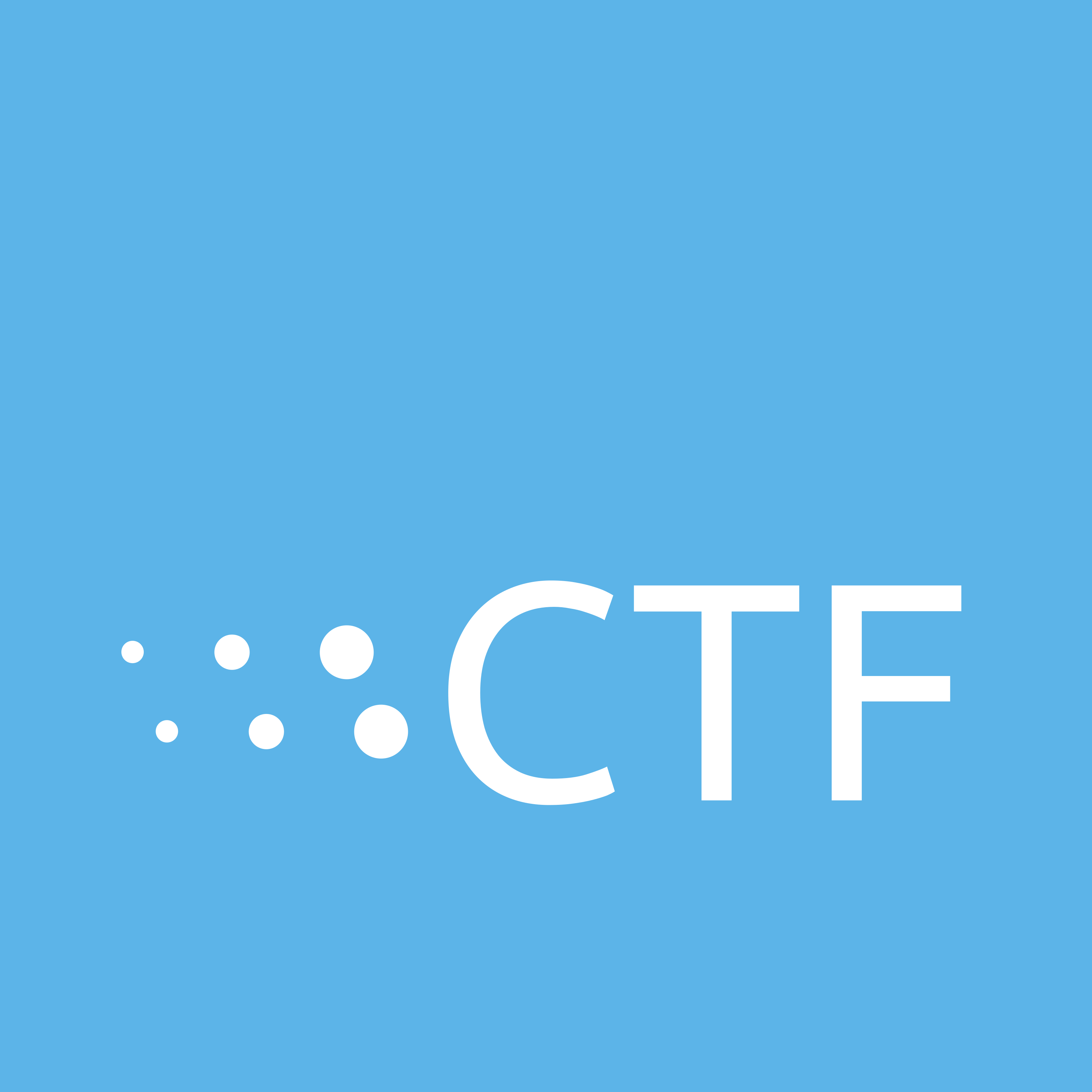
Aging and Brain Health: Mental Health and Well-being – Conference
This conference provides a unique opportunity to bring together researchers from a wide range of fields in health and social sciences to discuss their latest findings and emerging perspectives on mental health and well-being across the lifespan. Conference attendees will hear about the latest research on the lifelong and intergenerational effects of stress and trauma, the intersection of emotional, cognitive, and physical health in mood disorders, well-being and identity in older age, and the use of brain stimulation interventions in psychiatry and neurology.
Sessions will cover:
Life-long and intergenerational effects of stress and trauma
- Historical trauma and epigenetics in Holocaust survivors and descendants
- Approaches to historical trauma and mental health in indigenous populations
- Neurobiology of PTSD
- Stress and mindfulness-based stress reduction in aging
Mood and cognition as transdiagnostic markers of brain health
- The role of metabolics and inflammation in cognitive impairment in mood disorders
- The intersection between mood, trauma and cognitive health
- Impact of neuropsychiatric symptoms on future cognitive decline
- Impact of early-life adversity on brain development and suicide risk
Living well in older age
- Psychosocial influences on well-being for people living with dementia and family care-givers
- Emotional processing and regulation in the aging brain
- The self and identity in healthy aging and dementia
- Rethinking dominant socio-cultural perspectives of dementia
Biomedical interventions: Beyond medication
- Theoretical foundations of therapeutic brain stimulation
- Focused-ultrasound in psychiatry and neurology
- Neuro-modulation for the treatment of depression
Each presenter will leave 5 minutes for a question & answer period immediately following their presentation.
Please note: Registrants are expected to make their own lunch arrangements during the conference.
| 7:00 a.m. | Conference registration and breakfast |
| 7:45 a.m. |
CANCELLED The Rotman Legacy: Past, Present and Future of the Rotman Research Institute Drs. Fergus Craik, Brian Levine, Helen Mayberg and Rosanna Olsen will present the Rotman Research Institute’s rich history of excellence and knowledge advancement. A special breakfast will be served. |
| 8:45 a.m. |
Welcoming Remarks Dr. Allison Sekuler, Rotman Research Institute, Canada |
| Lifelong and intergenerational impacts of trauma | |
| 9:00 a.m. |
Keynote presentation Lifelong and intergenerational impacts of trauma Dr. Jutta Lindert, University of Applied Sciences Emden Leer, Germany, and Brandeis University, USA |
| 10:00 a.m. |
Full Catastrophe Aging: The impact of perceived stress on cognitive aging and the importance of stress management Dr. Alexandra Fiocco, Ryerson University, Canada |
| 10:30 a.m. | Refreshment break |
| 11:00 a.m. |
The hidden corners of the traumatized brain: Innate, reflexive responding Dr. Ruth Lanius, Western University, Canada |
| 11:30 a.m. |
Indigenous Mental Health: Historical trauma as alter-native psy-ence Dr. Joseph Gone, Harvard University, USA |
| 12:00 p.m. | Lunch |
| Mood and cognition as transdiagnostic markers of brain health | |
| 1:30 p.m. |
Keynote presentation The role of metabolics and inflammation in cognitive impairment: Implications for disease modelling and novel therapeutics Dr. Roger S. McIntyre, University Health Network, Canada |
| 2:30 p.m. |
The intersection between mood and trauma: Implications for cognitive health Dr. Margaret McKinnon, McMaster University, Canada |
| 3:00 p.m. | Refreshment break |
| 4:00 p.m. |
Prevalence of neuropsychiatric symptoms across the cognitive spectrum and their impact on future cognitive decline Dr. Linda Mah, Rotman Research Institute, Canada |
| 4:30 p.m. |
Impact of early-life adversity on brain development and suicide risk Dr. Gustavo Turecki, McGill University, Canada |
| 5:00 p.m. | Break |
| Public event on intergenerational trauma | |
| 6:00 - 7:30 p.m. |
Panel: Chair: Dr Allison Sekuler, Rotman Research Institute, Canada |
| 8:30 a.m. | Registration check-in and breakfast |
| Living well in older age | |
| 9:00 a.m. |
Keynote presentation 'Living well' with dementia: social, psychological and environmental influences on well-being for people with dementia and family carers Dr. Linda Clare, University of Exeter, UK |
| 10:00 a.m. |
The arousal hub region in the aging brain Dr. Mara Mather, University of Southern California, USA |
| 10:30 a.m. | Refreshment break |
| 11:00 a.m. |
The self in aging and dementia Dr. Donna Rose Addis, Rotman Research Institute, Canada |
| 11:30 a.m. |
Precarity and vulnerability: Rethinking dementia Dr. Amanda Grenier, Rotman Research Institute, Canada |
| 12:00 p.m. | Lunch |
| 1:00 p.m. | Moderated poster session |
| Biomedical interventions: Beyond medication | |
| 2:30 p.m. |
Keynote Presentation Towards a brain health indicator Dr. Alvaro Pascual-Leone, Harvard Medical School, USA |
| 3:30 p.m. |
Revisiting the theoretical foundations of therapeutic brain stimulation Dr. Jed Meltzer, Rotman Research Institute, Canada |
| 4:00 p.m. | Refreshment break |
| 4:15 p.m. |
Breaking barriers with sound: From depression to Alzheimer's disease Dr. Nir Lipsman, Sunnybrook Research Institute, Canada |
| 4:45 p.m. |
The future of neuromodulation for the treatment of depression Dr. Jeff Daskalakis, Centre for Addiction & Mental Health, Canada |
| 5:15 p.m. |
Closing remarks Dr. Donna Rose Addis, Rotman Research Institute, Canada |
Privacy Statement | Disclaimer
© 2022 Rotman Research Institute, Baycrest. All Rights Reserved.







